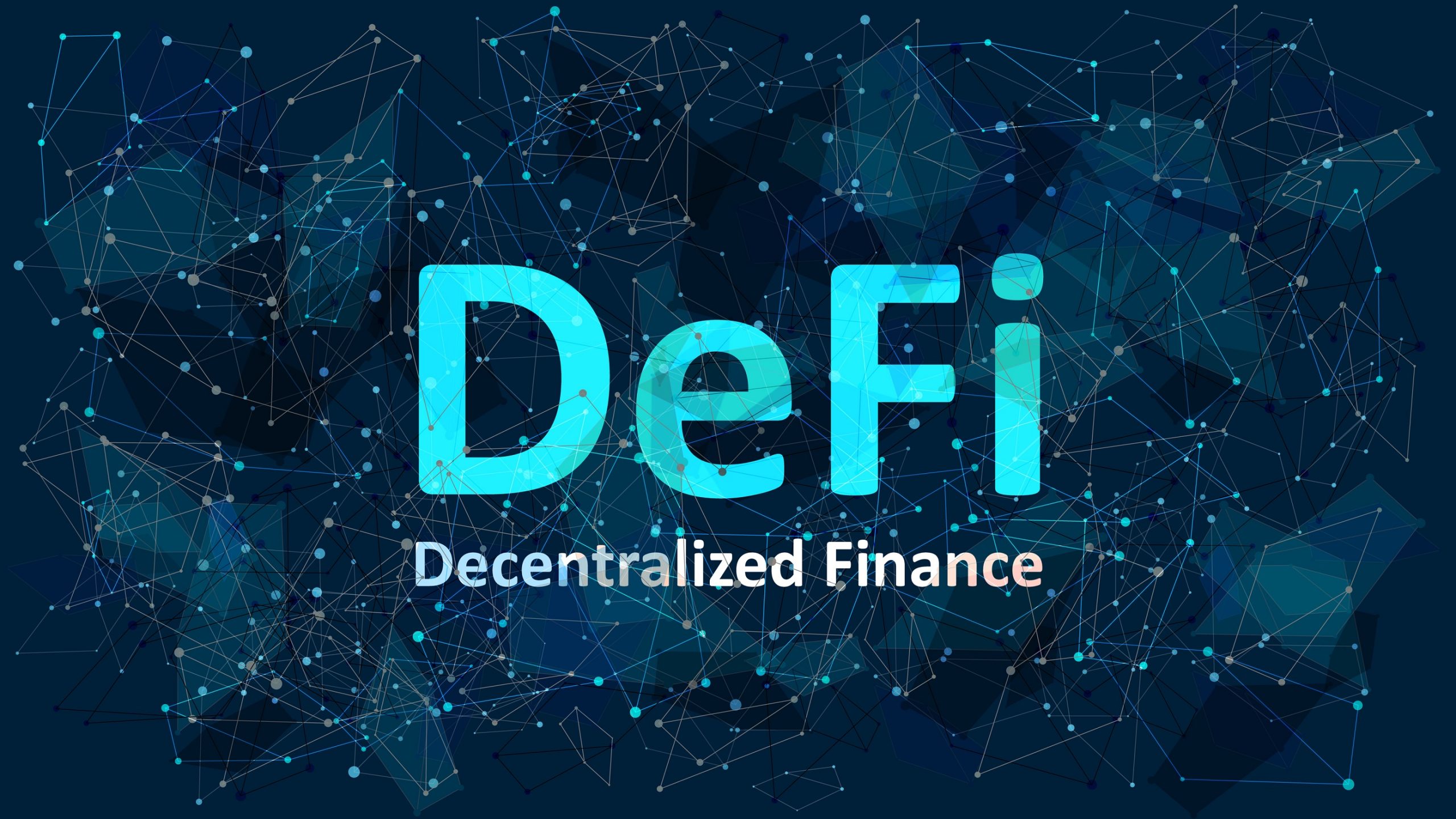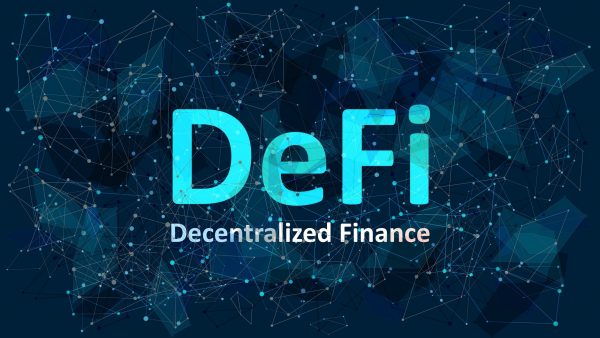Decentralised Finance, mostly referred to as DeFi is a term that encompasses Ethereum and blockchain applications.
Just as the name states, it’s a setup that decentralises finance, that is, it dismisses the need for central banks and establishments owned by the government to ratify financial transactions and it also puts out the need for third parties in the case of lending and obtaining loans.
Read more about Fintech
Just as the name states, it’s a set-up that decentralises finance, that is, it dismisses the need for central banks and establishments owned by the government to ratify financial transactions and it also puts out the need for third parties in the case of lending and obtaining loans.
DeFi is intensively interwoven with blockchain; a technology system built to keep records of finances in such a way that it’s almost impossible to access, it could be likened to a digital ledger that keeps records of financial transactions and each transaction is stacked up in a block with security which is very much dependable, because it works with the Distributed Ledger Technology database, although most DeFi projects are currently built on the Ethereum network, there is now a lot of blockchain network that allows for DeFi applications.
Decentralised Finance has become a major source of income to a whole lot of people as people make their money by lending their money out and earning interest on the loans, also by going through a plethora of DeFi tokens in search of higher-yielding options, the latter is best carried out by experienced traders as it involves quite a lot of risk.
The rapid evolvement of Decentralised Finance began in 2020 and there’s no doubt that there’s still more to come in terms of growth to come for Decentralised Finance.
Sign up to the Connect Nigeria daily newsletter
Based on logic and assessment, here’s what the future of Decentralised finance seem to be, it may render bank useless, maybe not totally useless but it’ll lead to a drop in the hierarchy of banks and financial institutions, taking a look at the swiftness, affordability and relevance of Decentralised finance, it poses as a better alternative to centralised financial institutions.
One thing the future definitely holds for DeFi is the surety of transactions that are quick and safe. DeFi brings us a transaction framework that is more transparent and secure.
Moreover, looking into the future, DeFi will bring about the accessibility of everyone to financial services, especially in the case of purchase of stock and foreign currencies, it’ll no longer be restricted to those in the market alone, DeFi will make it accessible to all.
In addition, DeFi will help in putting fraud out of the financial system totally, because it is based on technology, it functions neutrally. The build-up of Decentralised Finance allows for the documentation of information only after its legitimacy is confirmed. As a result, DeFi applications enable the detection and prevention of potential financial fraud and deceptive business practices.
Finally, it is true that DeFi has certain challenges due to the level of its liquidity, instability and scalability but the prediction that it’ll shape the future and change the norm as concerning finances still stands.
Featured Image Source: Zerocap
Got a suggestion? Contact us: [email protected]


